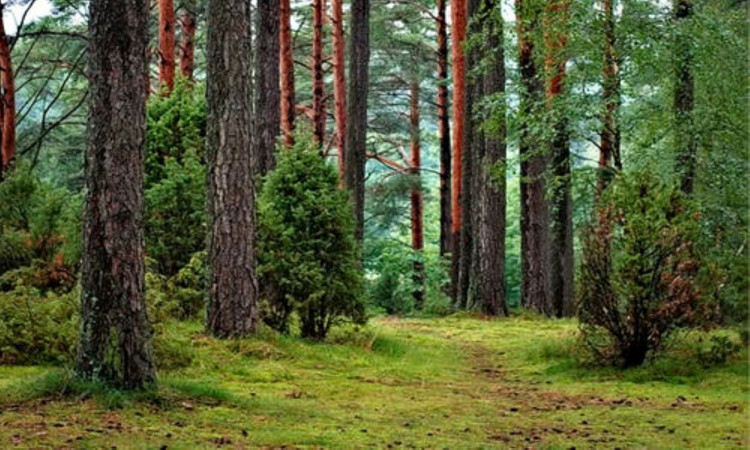As the world is enveloped with fear, illness, and death due to the present coronavirus outbreak, there are a lot of questions that people are longing to find answers. Why is this happening? Where does this coronavirus come from?
When the first incident about the new coronavirus, a SARS-like virus, was discovered in Wuhan, China, on November 17 of last year, experts then started to debunk everything about it to understand it more. Results eventually revealed the similarity of the virus to those that are from bats and Malayan pangolins, as reported by BBC.
Some people say the virus was transferred from animals to persons by consumption. Though this one's still vague, the outcome of the research showed only one thing: the destruction of wildlife is one of the most viable reasons why humans are presently suffering from the coronavirus physically, financially, emotionally, and economically.
The new coronavirus is not just the only pathogen that the natural environments and wildlife have threatened the human race. According to Scientific American, since almost two decades ago, the world has also been enveloped with fear due to viruses and pathogens, which eventually could result in new illnesses such as HIV, dengue, bird flu, rabies, Marburg, MERS, and Ebola. The U.S. Centers for Disease Control and Prevention (CDC) says, most of the "new or emerging" illnesses that greatly affects the human race have originated from non-human animals.
"We invade tropical forests and other wild landscapes, which harbor so many species of animals and plants-and within those creatures, so many unknown viruses", explains David Quammen, author of Spillover: Animal Infections and the Next Pandemic. He also added how cutting the trees, destroying the ecosystem, and putting animals in cages and killing them contributes so much in shaking unknown viruses from its hosts.
As these pathogens let go and leave their original host, eventually they will look for another host. And that host ends up being us, humans, Quammen added.
Since humans keep on destroying wildlife directly and indirectly for the improvement and convenience of their lives, researchers are afraid coronavirus is just a start. These unknown diseases are the "hidden cost of human economic development" that could become a threat to global security, economy, and health, says Kate Jones, chair of ecology and biodiversity at UCL.
Since "pathogens do not respect species boundaries" the continuous disruption of wildlife will surely result in a next pandemic soon. We won't know where it will come from. But the worse will certainly come.






